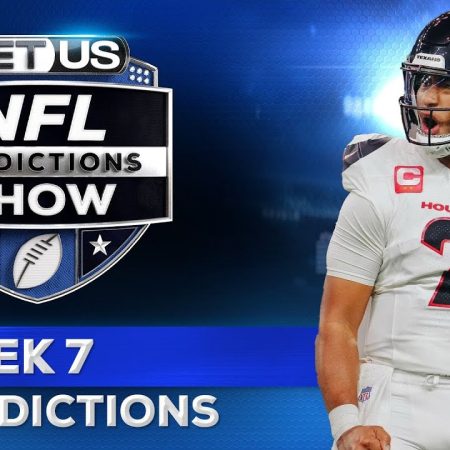Video Summary
Sports betting odds can be intimidating, but understanding the basics is crucial for making informed decisions. A negative number, such as -110, indicates that you must bet more money to win less money. For example, you'd need to bet $110 to win $100. On the other hand, a positive number, such as +300, means you'll win more money for the same bet. In this case, you'd win $300 on a $100 bet.
The key takeaway is that positive odds imply a riskier bet, with a higher potential reward, while negative odds imply a safer bet with a lower potential reward. Sportsbooks offer bigger payouts for riskier bets to incentivize you to take on more risk. Conversely, they may require you to bet more money for safer bets to minimize their risk.
Odds can also change, with an increase in the odds indicating a more risky bet and a decrease indicating a safer bet. When odds go up, they may go from a negative to a positive number, implying a riskier bet with a higher potential reward. Conversely, when odds go down, they may go from a positive to a negative number, implying a safer bet with a lower potential reward.
Underdogs typically have positive odds, while favorites have negative odds. When a line moves, such as from -200 to -300, the odds have shortened or the price has dropped. When odds increase, such as from +200 to +300, the odds have lengthened or the price has risen. By understanding these basic principles, you can make more informed decisions when placing your bets.
Learning how to read sports betting odds is STEP 1 in the beginner's guide to sports betting education on YouTube. You need to …
Learning how to read sports betting odds is STEP 1 in the beginner's guide to sports betting education on YouTube. You need to …
















